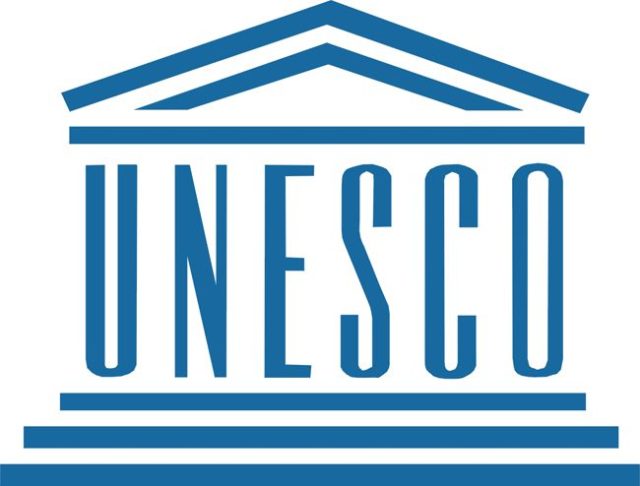The United Nations Educational, Scientific, and Cultural Organisation (UNESCO) has encouraged Ghana to strengthen its National Bioethics Committee to provide support and guidance in addressing the ethical challenges from the scientific and technological advancements.
The organisation stated that ethics should be embedded within all spheres of life and ensured that institutions’ actions were guided by principles of fairness, responsibility, and respect for human dignity.
Mr Abdourahamane Diallo, Representative of UNESCO to Ghana, said this at a one-week Ethics Teachers Training Course in Ghana, supported by UNESCO offices in Accra and Abuja and the University of Ghana, Legon.
This course would offer an opportunity for participants from Ghana and the region to engage with experts in the field of ethics education and to learn from one another’s experiences.
The course is based on a comprehensive training module developed by UNESCO that covers topics such as global perspectives on ethics teaching, the UNESCO core curriculum, gender and bioethics, ethics teaching in action, classroom communication, and sharing experiences in ethics teaching within the host country.
Mr Diallo said it was imperative for educators, as part of their responsibilities, to instil moral values in the hearts and minds of students to be responsible future leaders.
“The rapid progress in the life sciences, technology, and social space comes with complex ethical challenges that require thoughtful, well-informed deliberation.
As educators, it is our responsibility to guide our students through these complex issues and to foster an environment that encourages ethical reflection and decision-making,” he said.
Mr Diallo stated that advancing the country’s pedagogical capacity in ethics teaching, would contribute to the development of a more ethically aware and responsible global community.
He said the participants would be equipped with the tools and knowledge necessary to effectively teach ethics in their respective fields through a combination of lectures, discussions, and practical exercises.
Mr Diallo said the ethical decisions made in one country can have far-reaching implications for the global community, saying, “by participating in this course, you are not only enhancing your own teaching capacities but also contributing to the development of a network of ethics educators that spans the globe.”
Professor Felix Ankomah Asante, Pro-Vice-Chancellor for Research, Innovation, and Development, University of Ghana, said the University had established ethics committees to oversee and regulate the ethical conduct of research within the various disciplines of learning.
“The University stands for quality and cutting-edge research with high ethical standards. We have applied these principles in our institutes such Noguchi Memorial Institute for Medical Research, Institute of Scientific, Social and Economic Research and other centres of excellence,” he said.
Professor Alex Dodoo, the Director-General, Ghana Standards Authority, underscored the importance of ethics in every sphere, especially in research, to ensure that results were accurate for effective and efficient decision making.
He said the proliferation of ethics committees in the country’s institutions would help streamline the governance system and build a culture of openness and accountability in developing national policies.


















